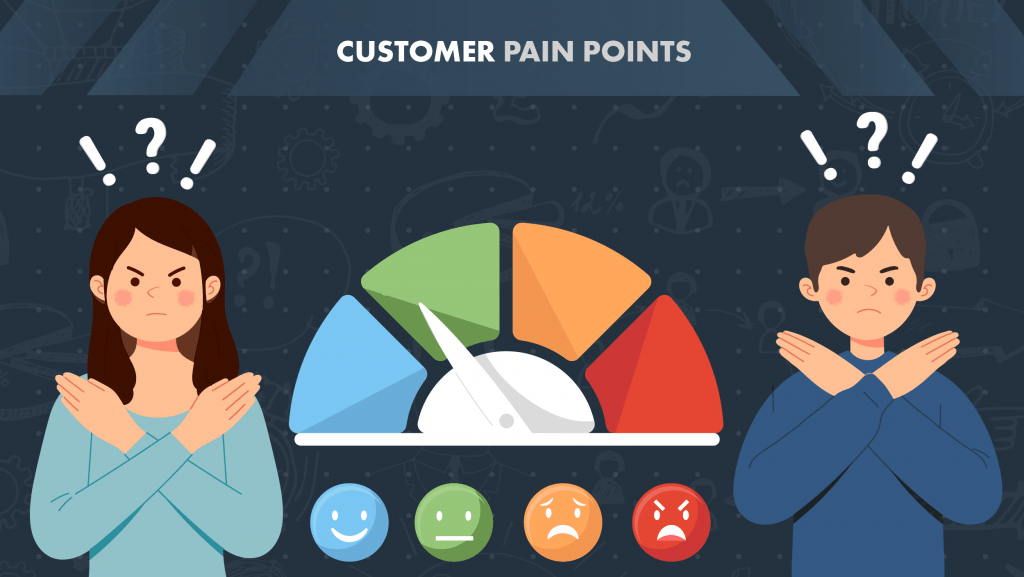CRM Customer Pain Points
It’s not always easy to understand what exactly your vital pain points are. You can find out about general issues. However, that’s a far cry from thoroughly understanding your pain points in a way that actually allows you to solve them.
Since clients and prospects are less forthcoming than marketing and sales teams would like, Customer Relationship Management (CRM) tools are now available to help. They work by collecting large amounts of data about your users. By analysing it, a CRM can help you identify your pain points and remedy them with the help of your sales reps.
Key Takeaways
- Understanding your Pain Points: Customer Relationship Management (CRM) systems are designed to address common pain points faced by businesses when it comes to managing interactions. These pain points include disorganised customer data, inefficient communication, missed opportunities, lack of personalisation, and limited visibility into customer interactions.
- Centralise Customer Data: One of the key benefits of a CRM system is its ability to centralise customer data. By consolidating customer information, interactions, and preferences in one place, your business can gain a comprehensive view of your customers, enabling personalised communication and more informed decision-making.
- Streamline Communication: CRM systems help you overcome communication challenges by providing tools for efficient collaboration and communication across teams. Features such as shared contact databases, activity tracking, and real-time messaging facilitate seamless communication, ensuring that everyone in the organisation is on the same page.
- Seize Opportunities: CRM systems address the pain point of missed opportunities by automating lead management processes. These systems enable businesses to capture, track, and nurture leads effectively, ensuring that no potential opportunity slips through the cracks. By streamlining lead management, businesses can maximise their sales potential.
- Personalisation and Customer Experience: Customers expect personalised experiences, and CRM systems play a crucial role in delivering them. By leveraging customer data, businesses can segment their audience, tailor messaging, and provide personalised interactions. CRM systems enable businesses to understand customer preferences, anticipate their needs, and enhance overall customer satisfaction.
- Improve Visibility and Reporting: CRM systems provide valuable insights and reporting capabilities, addressing the pain point of limited visibility into customer interactions. Businesses can track customer interactions, monitor sales activities, analyse trends, and generate reports to gain a deeper understanding of their performance. This data-driven approach helps optimise sales and marketing strategies.
- Integration with Existing Systems: CRM systems that offer seamless integration with existing tools and systems alleviate the pain of disjointed workflows. By integrating with email marketing platforms, customer support systems, and other relevant tools, businesses can streamline processes, eliminate duplicate data entry, and create a cohesive ecosystem that enhances productivity.
-
Training and Support: we at Digital Cloud UK offer comprehensive training and support resources to help you maximise the benefits of their CRM implementation. This includes user guides, tutorials and responsive customer support to address any questions or technical issues that may arise during implementation and daily usage.

